MARY BOYD, one of the stalwarts during the early and middle years of the Britain Tanzania Society died on August 19. Friends and colleagues have been paying tribute to her outstanding work for the Society:
Trevor Jaggar, former Executive Secretary, writes: ‘Mary did, indeed, contribute to the BTS in a major way over many years. I believe she was introduced to the society by Roger Carter, also a member of the Society of Friends. Archbishop Trevor Huddlestone used to joke that the BTS was run by a Quaker Mafia! She was instrumental in arranging the AGMs at Westminster Meeting House. One of her biggest contributions was the arranging of receptions for visiting Tanzanians at what was then the Quaker International Centre in Byng Place. She used to do several of these each year and was responsible for everything to do with them.’
Liz Fennell, former BTS Chairperson: ‘It is sad but she died peacefully, with relatives going to see her every day. The funeral was held at Swinbrook, a village in Oxfordshire. There will also be a memorial service at the Westminster Quaker Meeting House later in September.’
Elly Macha, now Executive Director, African Union of the Blind, in Nairobi writes: ‘It is with profound grief that I learned of the passing of Mary Boyd who was one of the most active persons in the BTS. I met her first at a BTS meeting in 1997 when I was studying in Manchester. From October 1998 to March 2003 I was at Leeds University pursuing a PhD degree. My living expenses in Leeds were a big challenge. Mary Boyd and Liz Fennell worked so hard to fundraise for my living expenses there. She coordinated all the donations from different people for me. She visited me in Leeds several times for moral support and encouragement. To me Mary was a friend, a mother and a mentor. She was an inspiration to all those who knew her. Last year Liz Fennel and I visited Mary in her nursing home in the South of England. She was so excited to see me again after six years. We remembered my graduation day at Leeds in July 2003. Mary was there to celebrate with me that great day. Mary’s life was the epitome of courage, vision and deep-faith in the human spirit, which transcends mere physical limitations and goes far beyond an individual effort in achieving what she believed in. To the members of her family and friends, I extend my profound condolences. May God rest her soul in peace.’
BTS Treasurer Betty Wells writes: ‘For the annual meetings and at other times she provided accommodation for people to stay. She arranged and organized a Garden Party during the early days. Her connection with Tanzania was through being guardian to two children who attended the Quaker school at Ackworth, because their mother was working in the German embassy in Dar es Salaam. Her main job was as a Social Worker in the London area. I am grateful to former BTS Treasurer Christine Lawrence for passing on this information to me.’
PROFESSOR JWANI MWAIKUSA (58), a leading constitutional lawyer who was also a Senior Lecturer in Law at the University of Dar es Salaam was murdered at his home in Salasala, Dar es Salaam in July.
His son, Baraka, said that moments after his father drove back home, two armed people forced their way through the gate and ordered the one who opened the gate to show them the father (Prof Mwaikusa). The professor’s nephew, who was also present, could not control his anger, and engaged one of the gangsters in a fight. The nephew was shot dead, and this prompted the second gangster, to shoot the Professor. A neighbour who came to find out what was happening was also killed. A few days later four suspects appeared before the Kisutu Resident Magistrate’s Court charged with 11 counts, including the killing of Prof Mwaikusa.
His colleagues described him as a person who contributed immensely to the scholarly leadership of the University’s legal department. He was described as a fearless law academic – always an example to follow for all those who sought to pursue the political and human rights of individuals and the general sanctity and respect of constitutionalism.

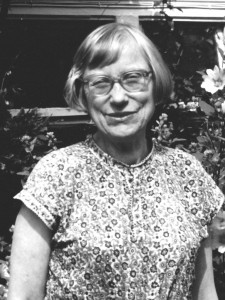
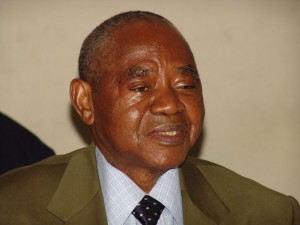
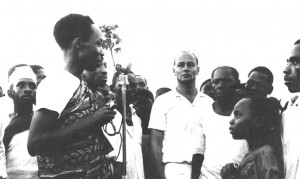
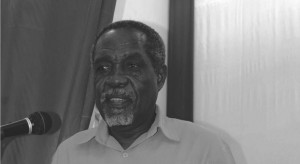
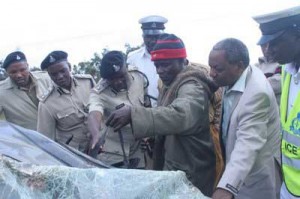
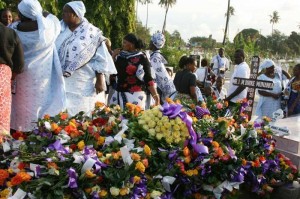
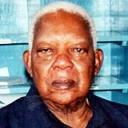 Chief Abdallah Said Fundikira
Chief Abdallah Said Fundikira